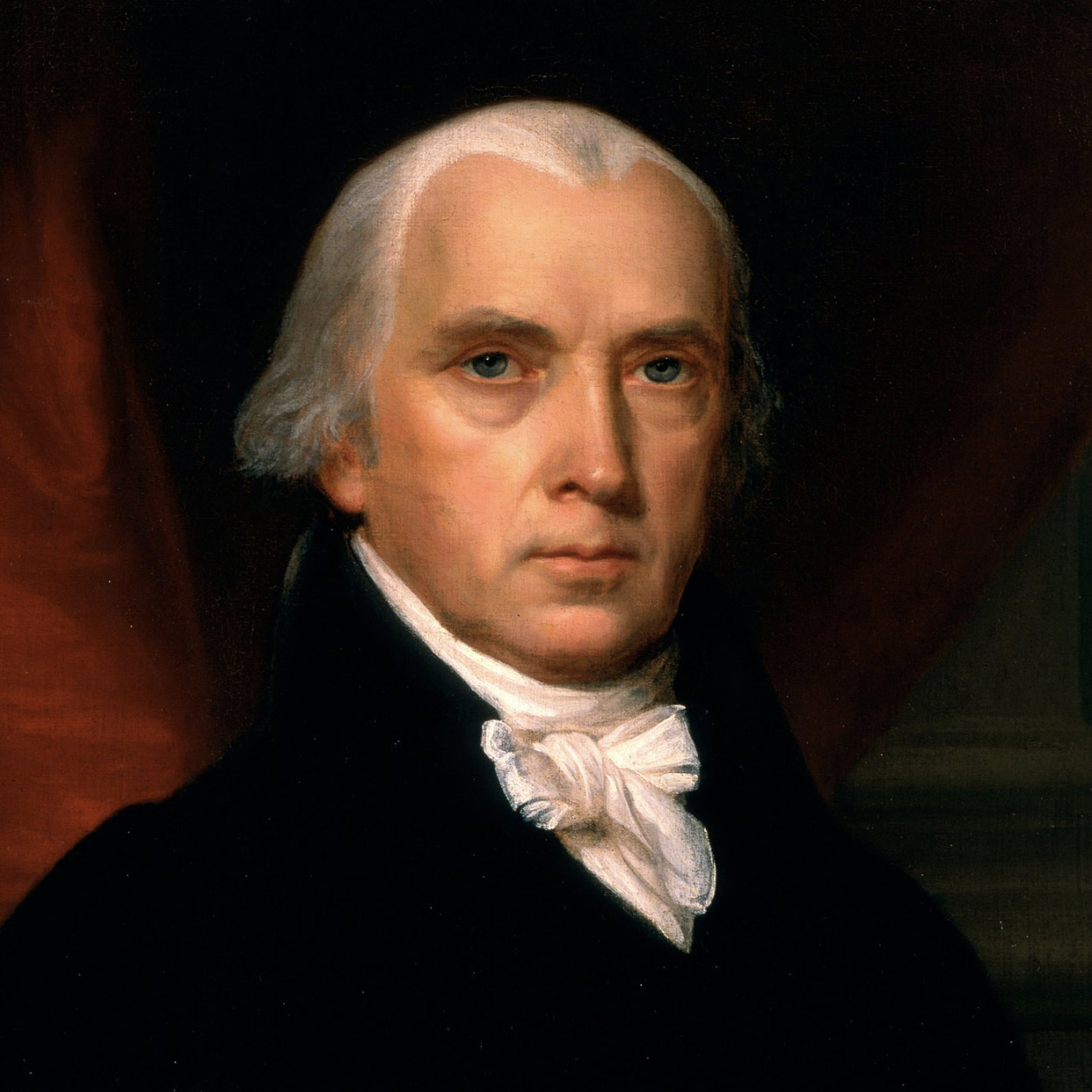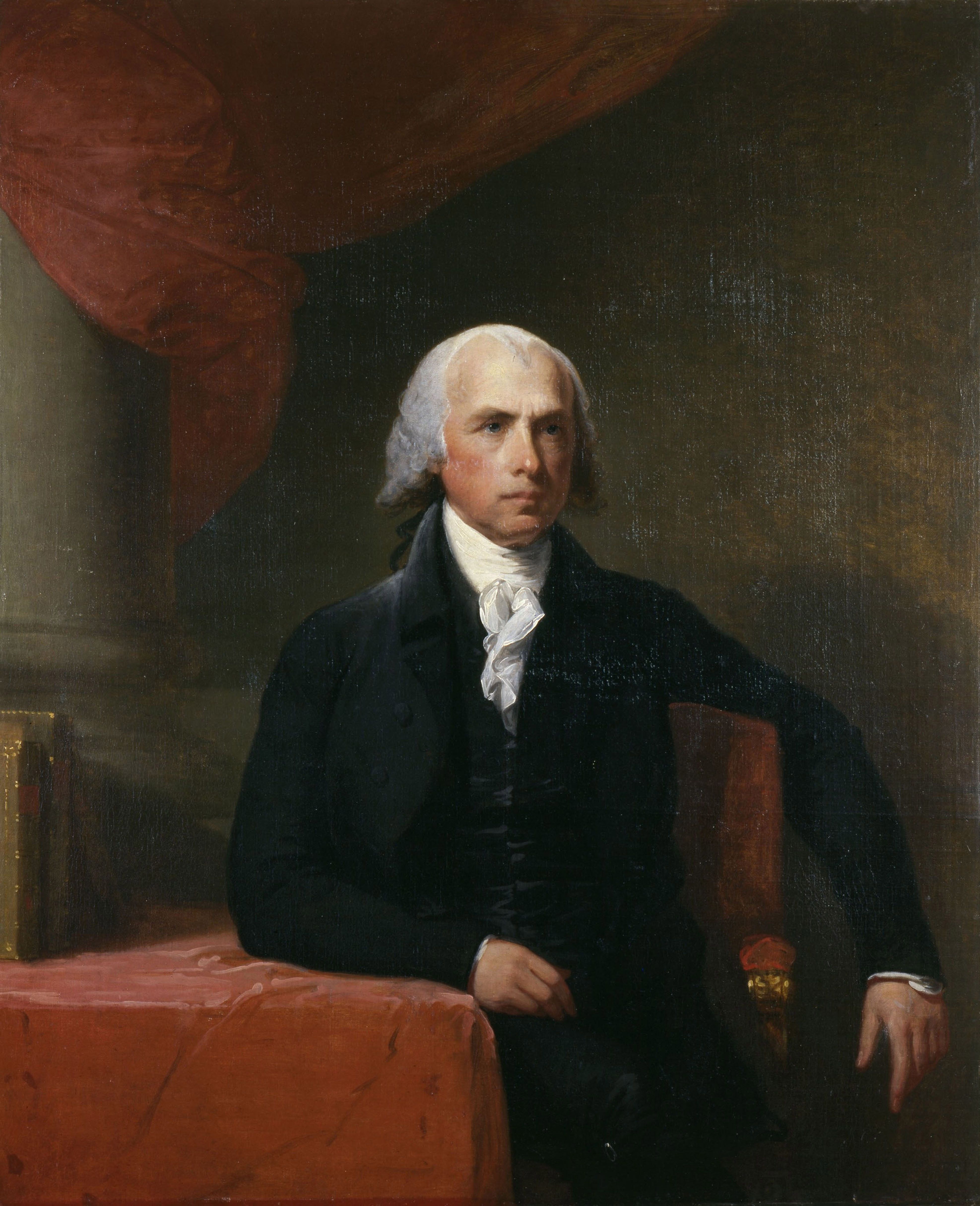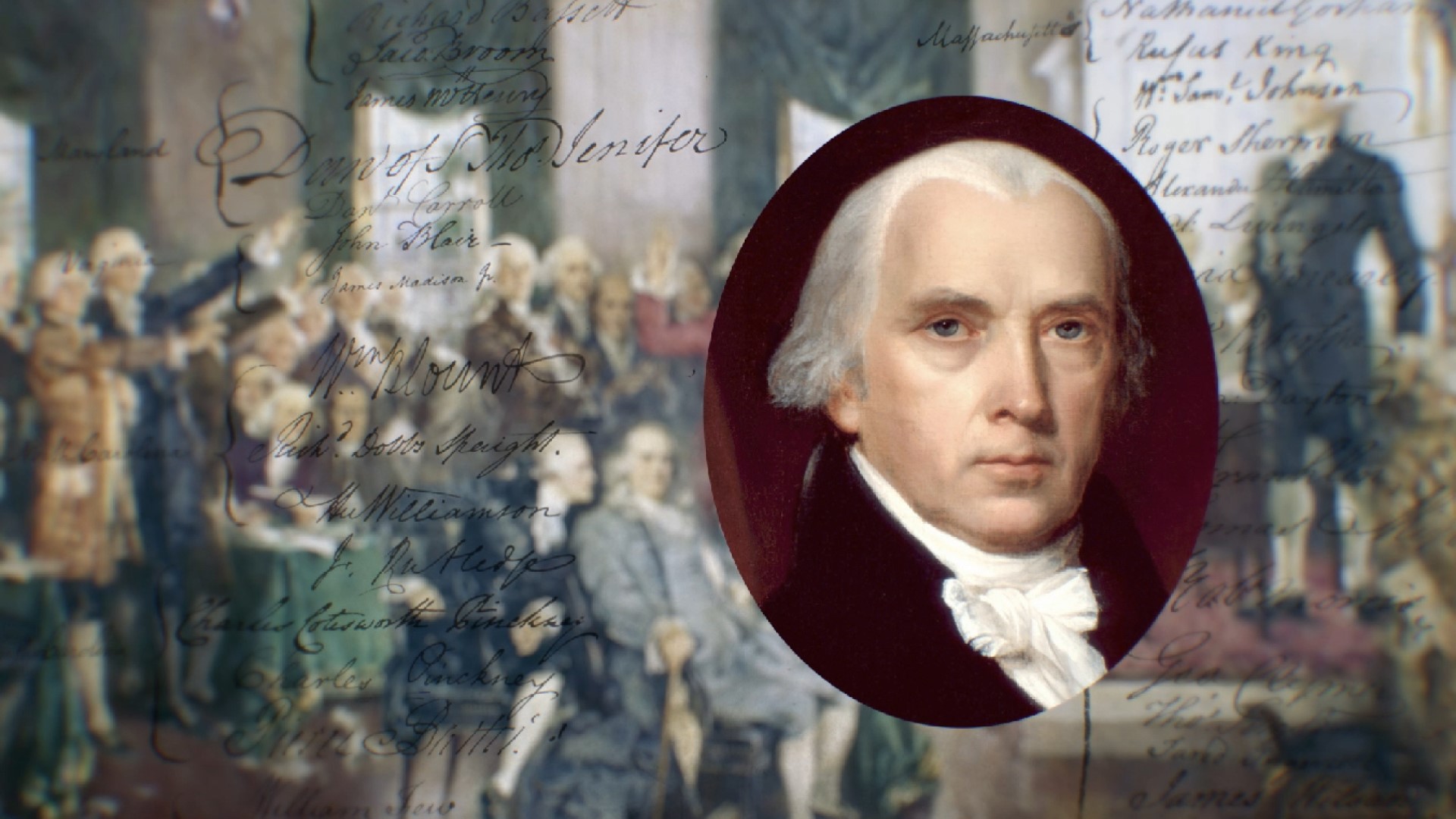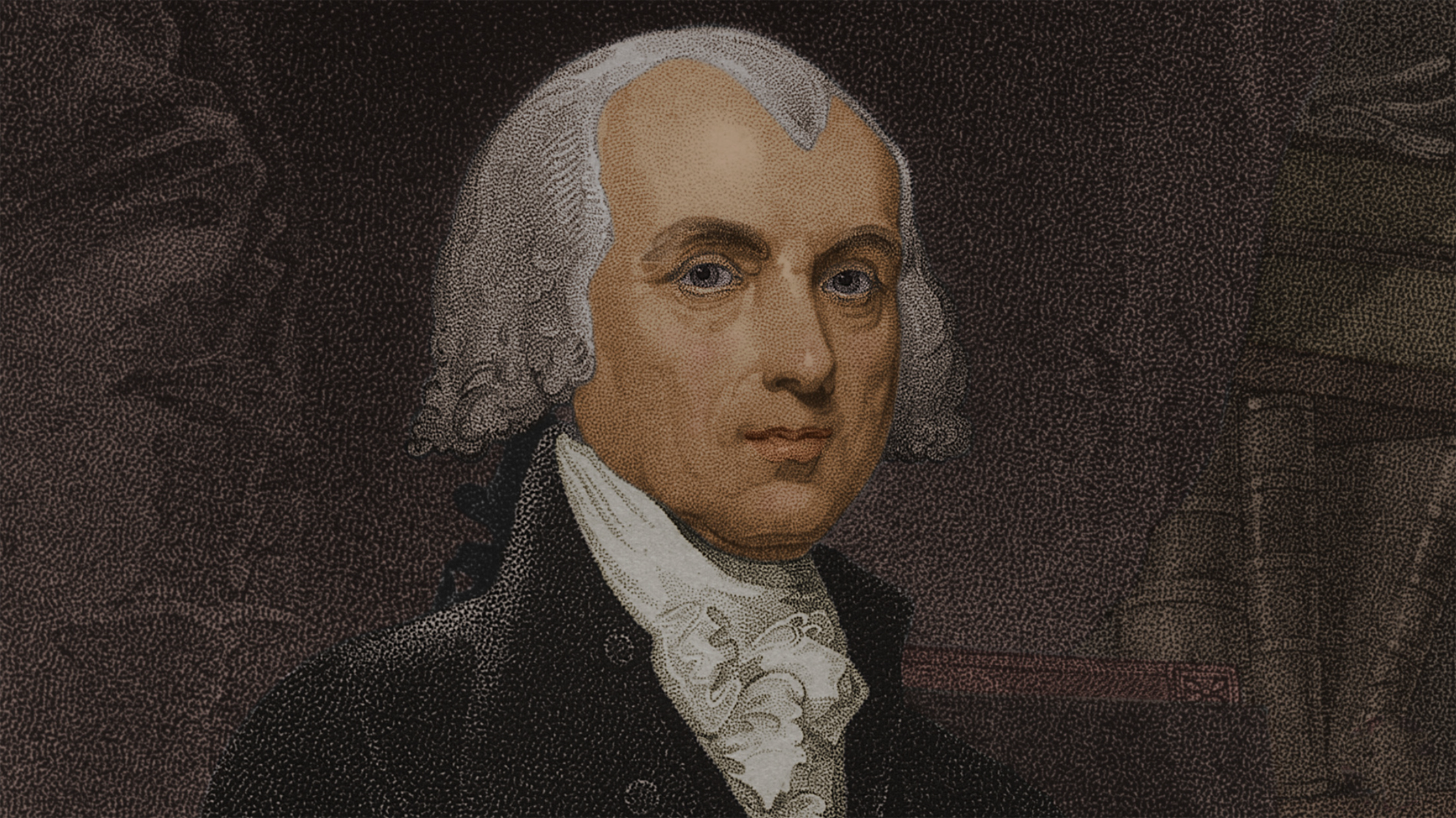
When we reflect on the pivotal figures who played a crucial role in the establishment of the United States, one name that consistently rises to the forefront is James Madison. Often referred to as the “Father of the Constitution,” Madison’s influence on the creation and shaping of the U.S. government is truly extraordinary. His intellectual prowess and political acumen were instrumental in drafting the Constitution, as well as the Bill of Rights, which laid the foundation for American democracy and individual liberties. But what were the specific contributions that earned him this esteemed title, and why does his legacy continue to resonate today? To fully appreciate Madison’s impact, we must explore his life, his visionary ideas, and the enduring significance of his work in the context of American history. Through his dedication to the principles of governance and his commitment to ensuring a balanced system of power, Madison’s legacy remains a cornerstone of the democratic ideals we cherish in the United States.
Early Life and Education

Born into a Legacy
James Madison entered the world on **March 16, 1751**, in the small town of **Port Conway, Virginia**. He was born into a distinguished family that had a significant influence on his upbringing and future endeavors in politics. From a young age, Madison was exposed to the values of leadership and civic responsibility, which would later shape his contributions to the founding of the United States. His early education was conducted in a private setting, where he received personalized instruction that catered to his intellectual curiosity. Subsequently, he enrolled at the **College of New Jersey**, which is now recognized as **Princeton University**. During his time there, Madison immersed himself in a diverse curriculum, delving into subjects such as **classical languages**, **mathematics**, and **political philosophy**, all of which would prove invaluable in his later political career.
Health Challenges
Despite his remarkable academic achievements, Madison’s journey was not without its obstacles. He grappled with significant health issues, specifically a condition referred to as **epileptoid hysteria**. This ailment hindered his ability to undergo military training, a pursuit that many of his contemporaries eagerly embraced during the tumultuous times leading up to the American Revolution. Nevertheless, Madison’s health challenges did not dampen his spirit or resolve. Instead, he redirected his energies toward political thought and advocacy, passionately supporting the cause of independence and the principles of self-governance. His resilience in the face of adversity would later become a hallmark of his character as he played a pivotal role in shaping the nation’s foundational documents and political landscape.
Political Beginnings

First Steps into Politics
James Madison’s journey into the realm of politics commenced in a significant way when he was elected to participate in Virginia’s **1776 Revolutionary Convention**. This pivotal moment allowed him to play a crucial role in shaping the future of his state and, ultimately, the nation. During this convention, Madison took the initiative to draft a groundbreaking guarantee of **religious freedom**, a clear reflection of his deep commitment to the principles of individual liberties and the separation of church and state. His early political engagement not only laid the groundwork for his future endeavors but also highlighted his dedication to ensuring that the rights of all citizens were protected. This formative experience would serve as a catalyst for his later contributions to the development of the United States and its foundational documents.
Continental Congress
In **1780**, Madison took another significant step in his political career by becoming the youngest member of the **Continental Congress**. His tenure in this esteemed assembly was characterized by his vigorous advocacy for a more centralized and effective government, which he believed was essential for the survival and stability of the fledgling nation. During a time when the United States was grappling with numerous challenges, including economic instability and external threats, Madison’s vision for a stronger federal government became increasingly relevant. His insights and proposals during this period would later influence the drafting of the U.S. Constitution, solidifying his role as a key architect of American governance. Madison’s experiences in the Continental Congress not only shaped his political philosophy but also positioned him as a leading figure in the quest for a more unified and resilient nation.
The Constitutional Convention

Shaping the Constitution
In the year **1787**, James Madison emerged as a key figure during the **Constitutional Convention**, a gathering that would ultimately redefine the framework of American governance. His contributions were not only significant but also foundational, as he took on the crucial task of drafting the **U.S. Constitution**. Madison was a fervent advocate for establishing a system of checks and balances, a mechanism designed to ensure that no single branch of government could dominate the others. His detailed notes from the convention serve as a rich historical resource, offering profound insights into the intense debates and discussions that ultimately shaped the Constitution we recognize today.
The Virginia Plan
One of Madison’s most notable contributions to the convention was the introduction of the **Virginia Plan**. This ambitious proposal called for the creation of a robust national government, emphasizing a system of representation that would be determined by the population of each state. The Virginia Plan was instrumental in laying the groundwork for the **Bicameral Legislature**, a dual-chamber system that is a hallmark of the American legislative process. By advocating for this plan, Madison helped to set the stage for a more equitable representation in Congress, reflecting the diverse interests of the states while ensuring a strong central authority.
The Federalist Papers

Advocating for Ratification
Alongside **Alexander Hamilton** and **John Jay**, Madison co-authored the **Federalist Papers**, a series of essays promoting the ratification of the Constitution. These writings are considered some of the most important in American political thought, articulating the need for a strong federal government.
Bill of Rights
Madison’s commitment to individual liberties culminated in his sponsorship of the **Bill of Rights**. These first ten amendments to the Constitution guarantee essential freedoms, such as **freedom of speech** and **religion**. Madison believed that a Bill of Rights was necessary to protect citizens from potential government overreach.
Presidency and Later Years

Fourth President of the United States
Madison served as the **fourth President** of the United States from **1809 to 1817**. His presidency was marked by the **War of 1812**, a conflict with Great Britain that tested the young nation’s resolve. Madison’s decision to declare war was controversial but ultimately solidified his legacy as a leader during a tumultuous time.
The Louisiana Purchase
As Secretary of State under **Thomas Jefferson**, Madison oversaw the **Louisiana Purchase**, which doubled the size of the United States. This acquisition was a significant milestone in American expansion and set the stage for future growth.
Madison’s Political Philosophy

Advocate for Democracy
Madison was a staunch advocate for **democratic principles**. He believed in the importance of a government that was accountable to its citizens. His writings and actions consistently reflected his commitment to a balanced government that respected individual rights.
Founding the Democratic-Republican Party
Together with Jefferson, Madison founded the **Democratic-Republican Party**, which opposed the Federalist Party’s policies. This political rivalry shaped the early political landscape of the United States.
Legacy and Impact

A Lasting Influence
James Madison’s influence on American democracy is profound. His ideas about government structure, individual rights, and political philosophy continue to resonate today. He is often celebrated as a key architect of the **American political system**.
Madison’s Home: Montpelier
After his presidency, Madison returned to his beloved home, **Montpelier**, in Virginia. This estate became a symbol of his legacy, where he continued to engage in political discourse and scholarship until his death on **June 28, 1836**.

In summary, James Madison’s contributions to the **U.S. Constitution**, the **Bill of Rights**, and the establishment of a democratic government are invaluable. His life is a testament to the power of ideas and the importance of civic engagement. As we reflect on his legacy, we are reminded of the foundational principles that continue to guide our nation today.
Table: Key Contributions of James Madison

| Contribution | Description |
|---|---|
| Father of the Constitution | Instrumental in drafting and promoting the U.S. Constitution. |
| Federalist Papers | Co-authored essays advocating for the ratification of the Constitution. |
| Bill of Rights | Sponsored the first ten amendments to protect individual liberties. |
| War of 1812 | Led the nation during the conflict with Great Britain. |
| Louisiana Purchase | Oversaw the acquisition that doubled the size of the U.S. |

